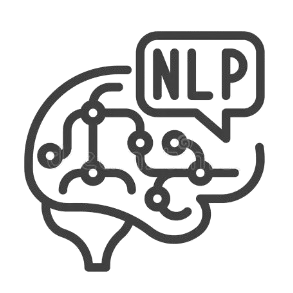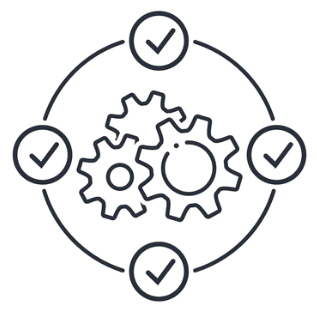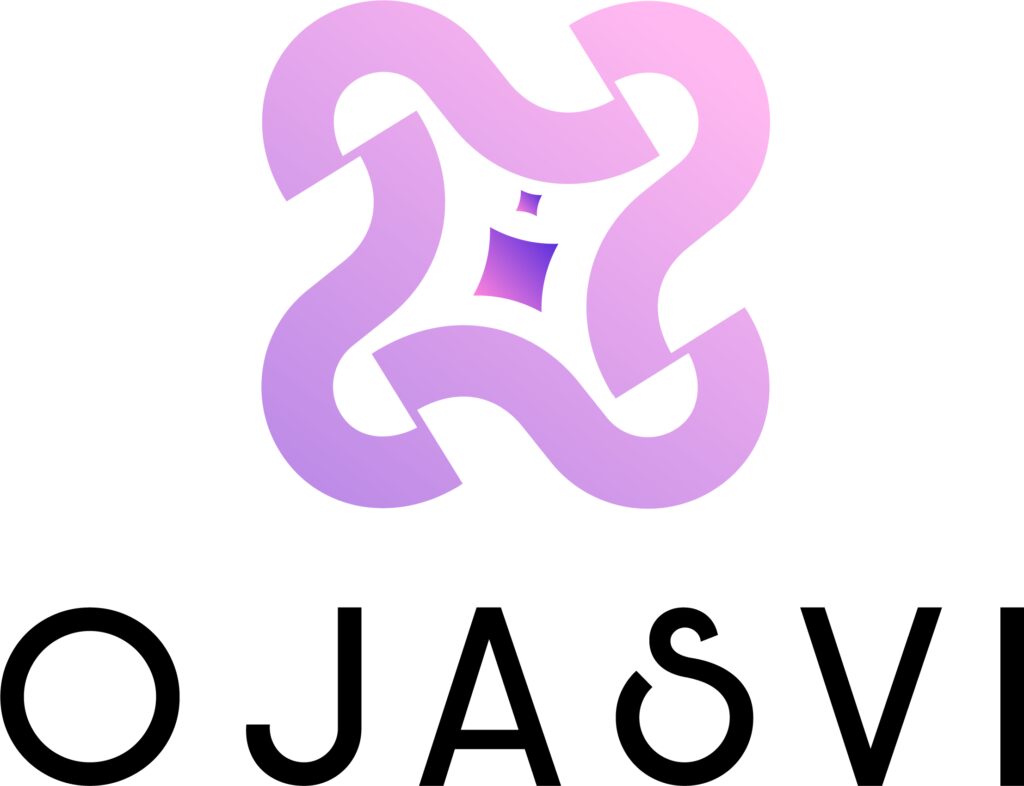AI's Impact on Testing Efficiency
Artificial intelligence is revolutionizing quality assurance by automating tasks, predicting issues, and accelerating defect-free software releases. Traditional testing methods are becoming obsolete.
Adopting AI in testing is now a strategic imperative, delivering faster delivery, improved accuracy, and enhanced efficiency. Leveraging Machine Learning, NLP, Automation, and Computer Vision, AI redefines testing with unmatched precision and intelligence.

Microsoft’s AI tools enhance QA efficiency and effectiveness. Integrating them into QA workflows speeds up releases, improves accuracy, and boosts operational efficiency. We offer SMBs transformative testing solutions for robust quality, cost-effectiveness, and agility, making them more competitive.
Microsoft Azure DevOps
- Purpose: CI/CD pipelines with integrated testing capabilities.
- AI Features: Smart test selection and automated test execution using Azure Pipelines.
- Value: Optimizes test coverage and minimizes redundant tests, enhancing speed and efficiency.
Azure Machine Learning
- Purpose: Data-driven testing strategies and predictive defect analysis.
- AI Features: Train ML models to predict potential software defects and identify high-risk areas.
- Value: Proactively mitigates risks by identifying critical testing areas and reducing defect leakage.
Visual Studio Test Professional
- Purpose: End-to-end application lifecycle testing.
- AI Features: IntelliTest generates automated unit tests using AI-based heuristics.
- Value: Enhances code coverage and uncovers edge cases with minimal manual intervention.
Power Automate
- Purpose: Automates repetitive testing tasks and workflows.
- AI Features: Integrates AI Builder for intelligent automation, enabling bots to handle test execution.
- Value: Reduces manual testing efforts and enables testers to focus on complex scenarios.
Selenium with Azure Cognitive Services Integration
- Purpose: Intelligent UI testing.
- AI Features: Leverages Azure Cognitive Services like Vision API for visual testing of UI components.
- Value: Improves accuracy in detecting visual regressions and ensures a seamless user interface.
GitHub Copilot
- Purpose: Assisted test case generation and debugging.
- AI Features: Suggests code snippets and test cases using AI-powered auto-completion.
- Value: Accelerates test script development and enhances tester productivity.
Microsoft Test Manager (MTM)
- Purpose: Manual and exploratory testing with AI-enhanced insights.
- AI Features: Provides test recommendations based on historical data and defect trends.
- Value: Improves test planning and execution strategies with actionable insights.
Azure Load Testing
- Purpose: AI-driven performance testing.
- AI Features: Analyzes load test results with AI to pinpoint bottlenecks and predict scaling needs.
- Value: Optimizes application performance and ensures readiness for high-traffic scenarios.
AI Builder in Power Platform
- Purpose: Intelligent form and data testing.
- AI Features: Automates form processing and data validation during testing.
- Value: Speeds up data-intensive testing processes while maintaining accuracy.
App Insights (Azure Monitor)
- Purpose: Monitoring and testing application performance.
- AI Features: AI-powered anomaly detection and root cause analysis for production monitoring.
- Value: Ensures software reliability by identifying performance issues early.
AI-driven testing solutions streamline the QA process, helping SMBs deliver high-quality applications while maintaining agility and cost efficiency. It improves
- Efficiency: Faster execution with AI automating repetitive tasks.
- Accuracy: Reduced errors through intelligent test case generation and prediction.
- Cost Savings: Optimized testing processes minimize resources and operational expenses.
- Scalability: AI adapts to growing and complex testing needs seamlessly.
- Proactive Risk Management: Early defect detection reduces time-to-market and improves quality.
Value:

Automation of Repetitive Tasks

Enhanced Accuracy and Efficiency

Natural Language Processing (NLP)
Machine Learning (ML)

Computer Vision

Predictive Analytics
Scalability
AI-driven testing tools handle large volumes of test cases, increasing test coverage and scalability.

Continuous Testing in CI/CD Pipelines
Continuous testing automates tests throughout the CI/CD pipeline. This provides rapid feedback on code changes, enabling early bug detection and faster releases. By improving code quality and accelerating development cycles, continuous testing enhances software delivery efficiency.

Visual Testing with AI
Visual testing with AI automates UI comparisons, detecting subtle differences missed by humans. This improves UI consistency across platforms, accelerates development cycles, and reduces manual testing efforts, leading to a better user experience.
Empowering Quality With Data & AI Synergy
AI based Data-Driven Testing

Automated Test Case Generation
AI algorithms can analyze large datasets to automatically generate test cases, ensuring comprehensive coverage of different scenarios, including edge cases and outliers.

Intelligent Test Execution
AI can prioritize and execute test cases based on their relevance and impact, optimizing the testing process and reducing the time required for testing.

Pattern Recognition
AI-driven testing tools can identify patterns and anomalies in test data, helping to detect defects, vulnerabilities, and performance issues that might be missed by traditional testing methods.
Self-Healing Tests
AI can adapt to changes in the application under test, automatically updating test scripts to maintain their accuracy and reliability
Enhanced Test Coverage
By leveraging AI, testers can ensure that the system is evaluated against a wide range of inputs and conditions, leading to more thorough validation

Data Analysis and Insights
AI can analyze test results and provide insights into application quality, highlighting areas that need improvement and helping to make informed decisions


